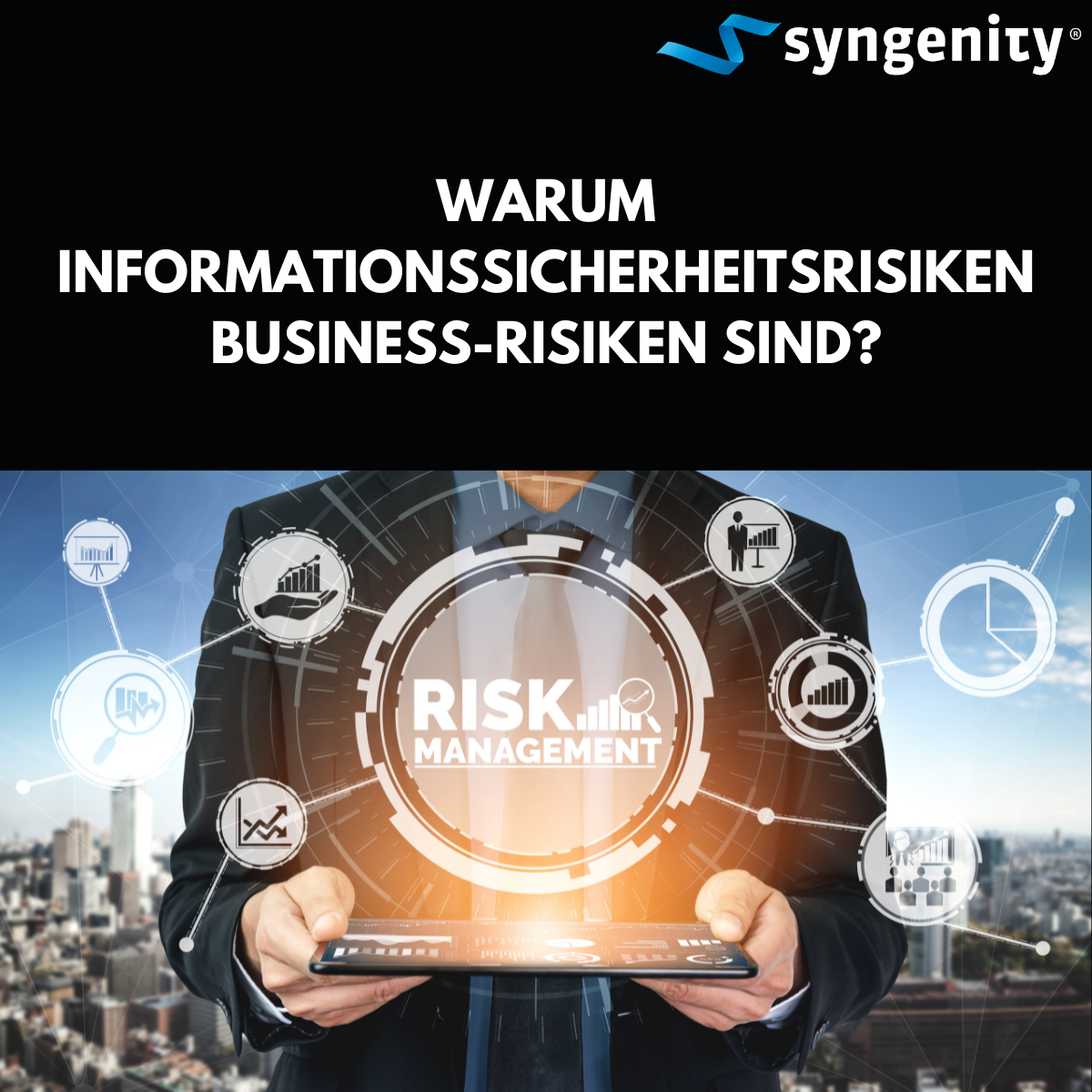Artificial intelligence and information security: a future in balance?
In an increasingly digitalized world, artificial intelligence (AI) plays a central role in the processing and analysis of large amounts of data.
The ability of AI to process huge streams of data in real time has led to a revolution in many industries – from the automation of simple processes to in-depth analyses that provide insights into complex problems.
But with this growing reliance on AI comes a new challenge: information security.
How can we ensure that the technologies we use don’t become vulnerabilities for cybercriminals to exploit?
The opportunities of AI in information security
Artificial intelligence offers enormous potential to transform the security landscape and detect and fend off cyberattacks at an early stage.
Some of the most significant advantages of AI in the field of information security are
1. threat detection
One of the greatest potentials of AI is its ability to identify anomalies in real time and detect potential security breaches faster and more accurately than conventional systems.
Threats can be identified by AI models by learning the “normal” behavior of a system and then immediately sounding the alarm when a deviation occurs.
This means that malicious activity such as ransomware, phishing or DDoS attacks can be detected much faster.
2. automation of security processes
By automating routine IT security tasks, such as patch management or network monitoring, AI allows IT teams to focus on more critical and strategic tasks.
Automation reduces the likelihood of human error and increases the efficiency of security processes by handing over frequent and recurring tasks to the machine.
3. prediction of cyber threats
By using machine learning, AI can help to predict future cyber threats by analyzing patterns in previous attacks and developing countermeasures on this basis.
This predictive analysis helps to proactively respond to threats before they cause damage.
Given the ever-growing threat of cybercrime, this can be a decisive advantage.
The challenges: AI itself as a security risk?
As promising as AI is for improving information security, there are still some key challenges that need to be considered.
Last but not least, AI itself can become a target.
1. manipulation of AI systems
Attackers could target AI systems themselves and manipulate their data to force wrong decisions.
For example, cybercriminals could manipulate data so that the AI system classifies a threat as harmless or flags normal activity as suspicious, leading to false alarms or failure to detect real attacks.
Such attacks, known as adversarial attacks, pose a serious threat to the integrity of AI-based security systems.
2. data protection and sensitive data
As AI systems often process large amounts of data, the question of data protection arises.
Sensitive information, such as personal or financial data, must be handled with particular care in order to avoid data breaches.
Data protection regulations such as the GDPR in Europe are particularly important here.
Companies must ensure that their AI systems are both legally compliant and guarantee data security.
3. explainability of AI decisions (“black box”)
Another problem with the use of AI in the area of information security is the so-called “black box” nature of many AI models.
While these models can make decisions, the mechanisms behind these decisions are often difficult to understand.
This can make it difficult to investigate or audit security incidents, as it is unclear how the AI arrived at a particular conclusion.
The lack of transparency in decision-making can lead to trust issues, especially in safety-critical areas.
Finding the balance between benefit and risk
There is no question that artificial intelligence has the potential to significantly improve cyber security.
But at the same time, organizations need to ensure that they implement robust security measures to protect the AI systems themselves from threats.
The right use of AI can be an invaluable aid in navigating the increasingly complex threat landscape.
However, it is crucial that these technologies are used responsibly and in accordance with the highest data protection standards.
Final thoughts: The future of information security
The future of information security will inevitably be shaped by artificial intelligence.
The ability to detect threats in real time, automate processes and predict future attacks makes AI an indispensable tool in the cyber security arsenal.
However, we must also be aware of the potential risks and ensure that the benefits do not come at the expense of security and data protection.







